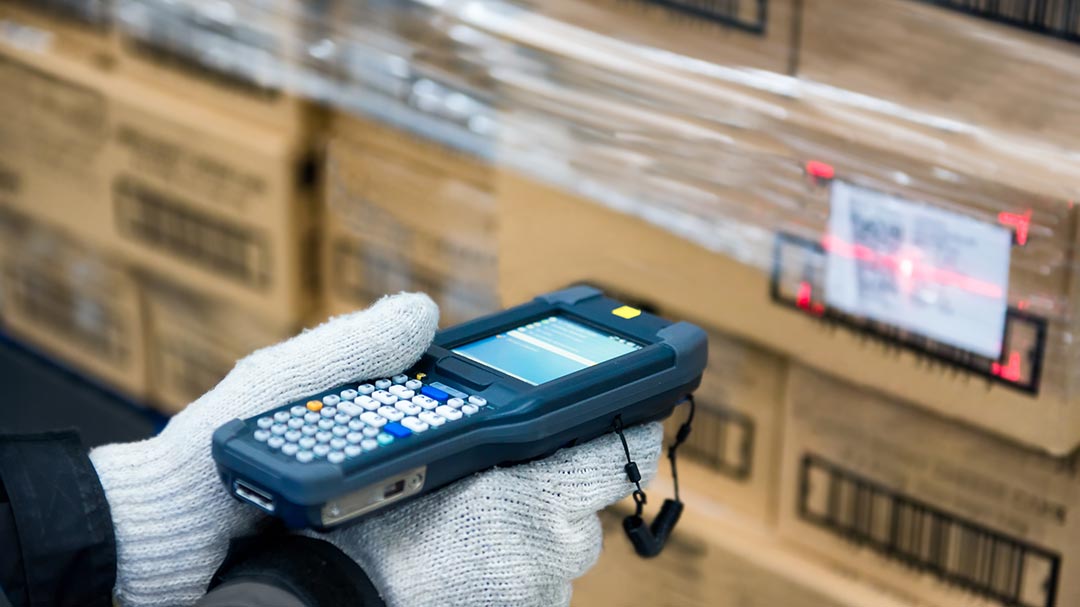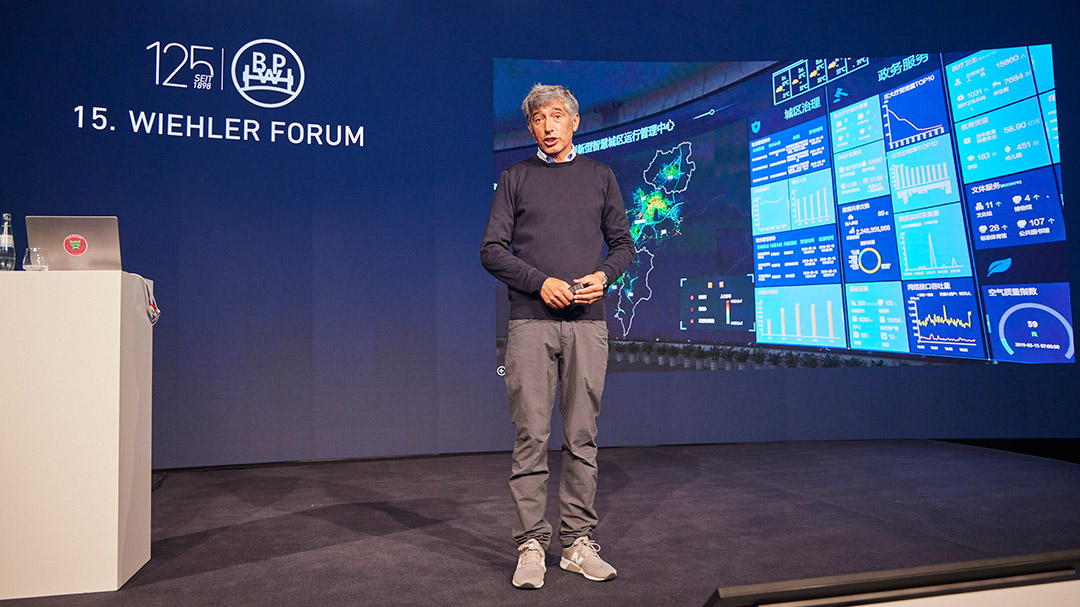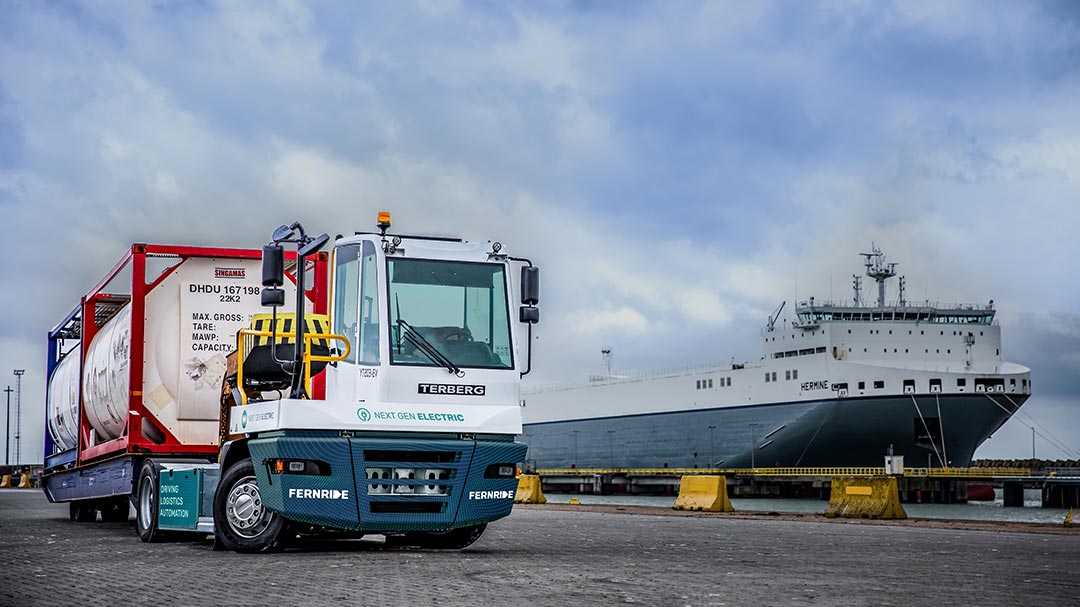Text: Juliane Gringer
Photos: TU Berlin, Shutterstock
People are eating more consciously – this has an impact on food logistics. Julia Kleineidam, research assistant in the Logistics Department headed by Professor Frank Straube at the Technical University of Berlin, reports in an interview on the challenges and perspectives she sees for the industry.
In Antwerp, Europe’s second-largest port after Rotterdam, the number of reefer containers handled in 2021 rose by 2.7 per cent compared to the previous year – and for the second year in a row, the one million TEU mark in operational reefer containers was exceeded. The experts of the Perishables Expertise Group explain this development with food trends such as veganism: “Our eating habits have a positive effect on the numbers of refrigerated transports. Food boxes with fresh products are becoming more and more popular. Many people are consciously opting for a plant-based diet and are looking for a wider range of fruit, vegetables and meat substitutes. And preferably all year round.”
Food simply has certain characteristics that place demands on logistics in terms of flexibility. And logistics needs appropriate structures. We see a lot of flexibility, especially in the operational area – not least because technologies are advancing: In the past, it was common practice to put things in the warehouse first and take them out again first – “first in, first out”. Now there are solutions that can record the degree of ripeness of certain foods, and then I can give them their own best-before date. For logistics, this means that preference should be given to taking out those goods that will expire first – in other words, “first expired, first out”. I have to incorporate this dynamic into my process. If the customers’ requirements change, logistics must react to this.



»The trend towards greater transparency is a strong driver for change in food logistics transport chains.«
Julia Kleineidam, Research Associate, Logistics Department, Technische Universität Berlin
In the long term, autonomous driving could greatly change transport from the warehouse to the point of sale or delivery to the customer. Then perhaps many more people will have their shopping delivered to their homes. We are investigating this here in Berlin in the large BeIntelli research project. I see a time horizon of at least ten years, and it will be exciting to see which concepts can actually be implemented.







